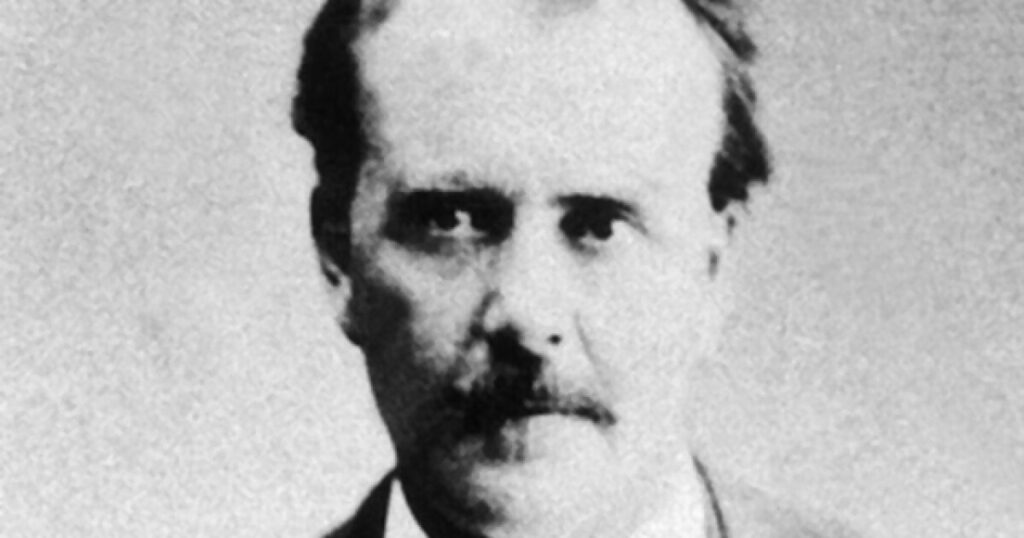The Intriguing Life of Wells Spicer: From Canyon Explorer to Courtroom Contender
The American West in the 19th century was a land of mystery, adventure, and lawlessness. One man who managed to entwine himself with some of its most notorious events was Wells Spicer, a frontier lawyer whose exploits ranged from exploring the Grand Canyon to presiding over the infamous gunfight at the O.K. Corral. His life, a tapestry woven with threads of exploration and law, offers a fascinating glimpse into the rugged era.
In 1875, Wells Spicer embarked on a daring journey to the confluence of the Colorado and Little Colorado Rivers. Standing on the canyon rim, 3,000 feet above the rivers’ meeting point, he descended into the unforgiving terrain below. His exploration was fueled by rumors of a hidden gold mine, a promise of wealth that drew many into the treacherous landscape.
Spicer’s trek was no simple walk. The route demanded climbs through sheer cliffs and precarious traverses over talus slopes. His own recounting of the journey revealed the physical toll, as he described climbing back to the canyon rim as “hard a day’s work as I ever did,” leaving him sore for a week.
Beyond his ventures into the Grand Canyon, Spicer was a journalist, mining speculator, and attorney in the Utah Territory. His legal acumen brought him into contact with John D. Lee, charged with murder for his role in the Mountain Meadows Massacre where over 120 emigrants were killed. Despite Spicer’s advice to confess, Lee resisted, leading to a high-profile trial that ended in a hung jury. This delay allowed Spicer to pursue Lee’s alleged “hidden Treasure,” though his search proved fruitless.
Spicer’s wanderlust and legal career intertwined once more when he relocated to Tombstone, Arizona. Here, as a justice of the peace, he presided over the aftermath of the O.K. Corral shootout in 1881, a pivotal moment in Western lore. Judge Spicer ruled in favor of Wyatt Earp, his brothers, and Doc Holliday, stating they acted within the law’s bounds. The decision ignited further cycles of violence and retribution.
After his term in Tombstone, Spicer vanished into the Sonoran Desert on a prospecting expedition. Rumors swirled about his fate, speculating on suicide or madness. The likely truth is a more somber end—death by thirst, alone in the desert, leaving behind a legacy shadowed by the legendary tales of the American West.
Scott Thybony, a writer based in Flagstaff, immortalizes the story of Wells Spicer in his monthly Canyon Commentaries, aired by KNAU Arizona Public Radio.
—
Read More Arizona News










